Shock phone call at dawn: sorry but your Commonwealth Games have been called off
The Premier’s decision to walk from the games has delivered a shblow to Victoria’s reputation as the nation’s sporting capital.
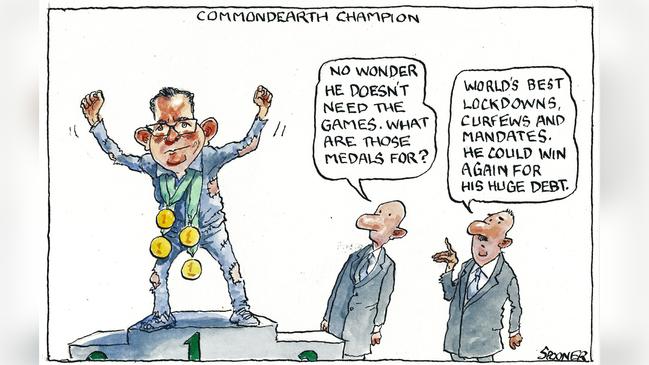
It was not until his phone rang at 6.30am on Tuesday that Commonwealth Games Australia chief executive Craig Phillips learned of the “gross exaggeration” that Victorian Premier Daniel Andrews was about to make to justify walking away from hosting the 2026 games. As recently as its board meeting in June, the Commonwealth Games Organising Committee was told by the Andrews government that the estimated cost of hosting the games was still less than $3bn, similar to the original budget of $2.6bn. In the Victorian parliament as recently as June 8 the government reconfirmed the $2.6bn cost estimate for the games.
Yet in his press conference on Tuesday – just a month later – the Premier suddenly claimed that the cost of the games awarded to Victorian in April 2022 had ballooned from $2.6bn to between $6bn and $7bn.
What’s more Andrews claimed he had “looked at every conceivable option” to cut the soaring costs of the games, including holding more events in Melbourne rather than in regional cities as originally planned.
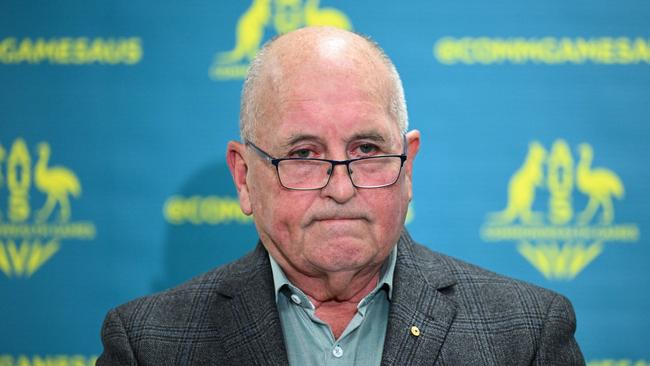
Phillips was stunned. He had never heard anything like a $6bn cost estimate. But he did realise that inflationary pressures were sending estimates “north” and as such, he had discussed with the Andrews government possible ways to reduce costs.
These included more Melbourne events rather than building temporary facilities in regional centres.
But those cost-cutting suggestions were ignored by government officials. Phillips received push-back from them whenever he suggested ways to cut costs. The officials even argued for more events to be included in the program. So when Andrews announced Victoria would not host the games, claiming hospitals and schools would have borne the brunt of the cost blowouts, a furious Phillips chose to deliver a brutal take-down of the Premier’s spin.
“The stated cost overrun, in our opinion, is a gross exaggeration and not reflective of the operational costs presented to the Victoria 2026 Organisation Committee as recently as June,” Phillips said. “Gold Coast was $1.2bn to run the Games. Birmingham was $1.8bn. I’m not sure how we get a leap of more than double that to run the Games. I find it a little hard to believe.
“Beyond this the Victorian government wilfully ignored recommendations to move events to purpose-built stadia in Melbourne and in fact remained wedded to proceeding with expensive temporary venues in regional Victoria.”
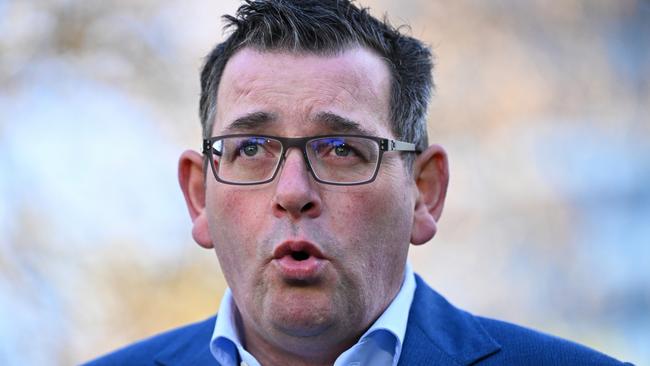
In a statement the Commonwealth Games Federation added: “Since awarding Victoria the Games, the government has made decisions to include more sports and an additional regional hub, and changed plans for venues, all of which have added considerable expense, often against the advice of the Commonwealth Games Federation and Commonwealth Games Australia.”
Games organisers had been left in the dark. The Andrews government gave no clue that it was about to pull the plug on the 2026 Games just 15 months after it agreed to host them. Even when he announced the decision, Andrews gave no details nor a clear timeline about the escalation of costs that he claims forced the government to abandon the games. He released no evidence to back up the claims of a cost blowout. What’s more the Premier gave no explanation as to how his government could have got their financial estimates so drastically wrong in such a short space of time.
He refused to say how much the state had already spent to prepare for the games and refused to comment on the potentially eye-watering amount that taxpayers may have to fork out for breaking the contract to host the event.
Above all, Andrews refused to admit any blame for one of the most astonishing episodes of mismanagement of a global sporting event.
No apologies were forthcoming for the athletes or for the fans or for the five regional centres that were due to host the events.
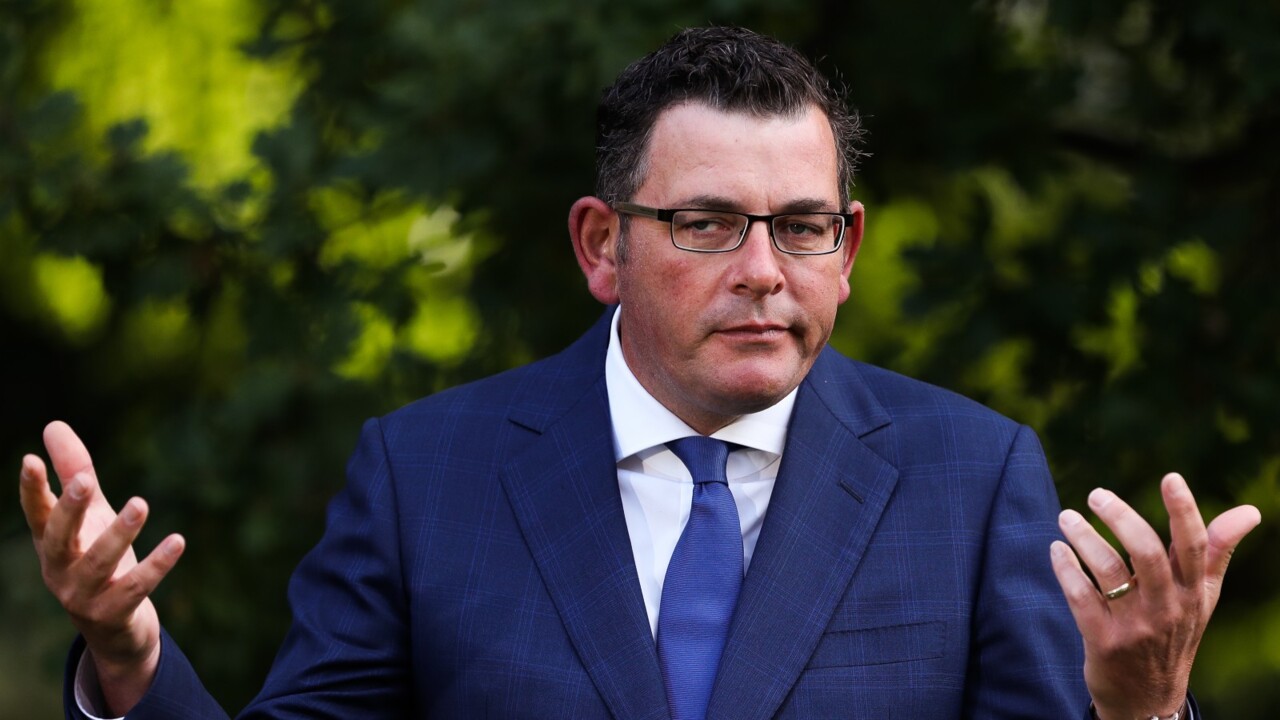
Instead, Andrews dismissed the Commonwealth Games as merely “a 12-day sporting event” and cast himself as a saviour of schools and hospitals by choosing to abandon the event and the accompanying debt. It was hard to imagine that this was the same Premier who chased so hard for the right to secure the games, sending former tourism and trade minister Martin Pakula to Europe in March 2022 to lock in Victoria as host of the 2026 games.
Andrews saw the global event as a potential vote-winner and further confirmation of Victoria’s reputation as Australia’s sporting capital. He proposed that the games be held in five regional centres, an unusual move that would add significantly to the cost of holding the event but one that was designed to maximise Labor’s vote in those regions.
Labor holds most of the seats in the regional centres where the events were to be held: Geelong, Ballarat, Bendigo, Shepparton and Gippsland.
When Victoria was awarded the games in April 2022, Andrews described it as a “great honour” that would boost jobs, hospitality and the economy. He predicted that the games would contribute more than $3bn to Victoria’s economy, creating more than 600 full-time equivalent jobs before the games, 3900 jobs during the games and a further 3,000 jobs beyond the closing ceremony.
Andrews’ enthusiasm for hosting the games was likely undermined by the growing criticism he has received over mismanagement of the state’s finances. Victoria’s net debt is forecast to jump from $135.4bn this financial year to $171.4bn by 2027, the highest of any state.
Yet the Premier’s sudden decision to walk away from the games has delivered a sharp blow to Victoria’s reputation as the nation’s sporting capital – the very thing that Andrews wanted the games to promote.
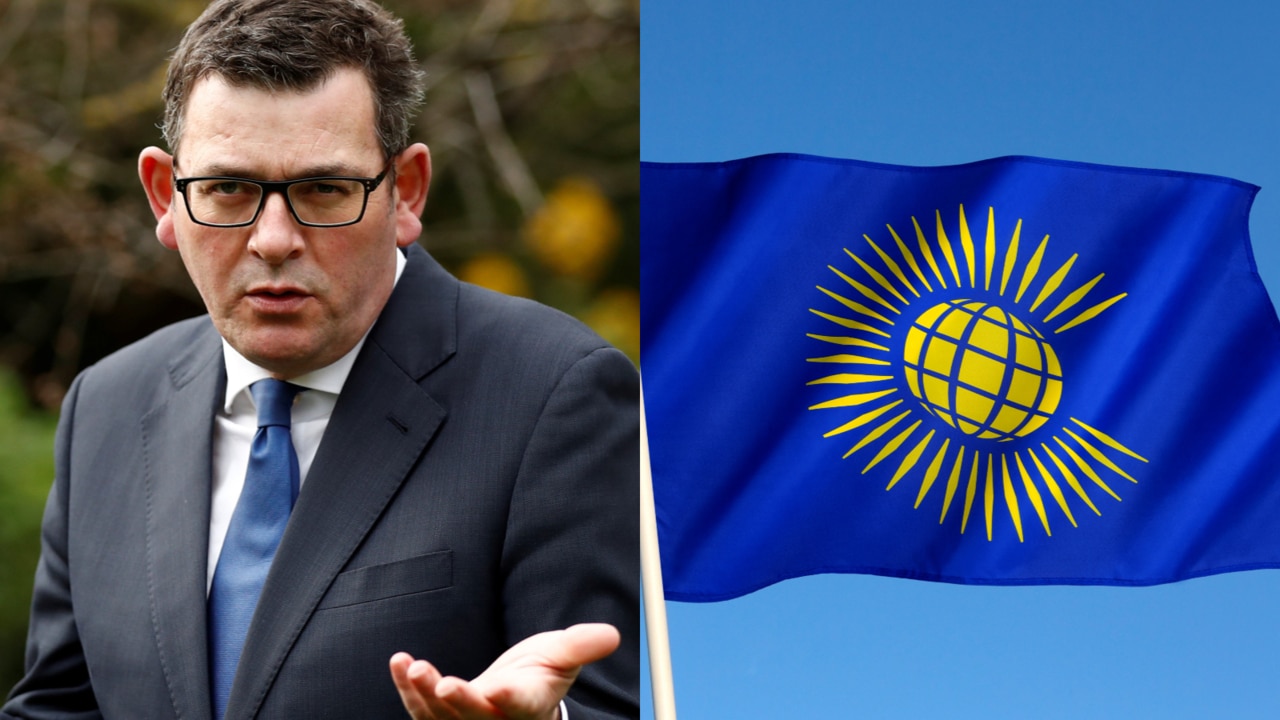
“This is a terrible embarrassment to Australian sport,” said John Coates, vice-president of the International Olympic Committee and former long-time president of the Australian Olympic Committee.
“We shouldn’t be bidding for events unless we know that we have the necessary commitments and support of the various governments. I haven’t studied the financials for it, but I was always sceptical about the viability of a regional games … how the government could have got it so wrong – I don’t know.”
Phillips says he was misled by the Premier and by his government about their commitment to host such a major sporting event.
“We thought we had a willing host in Victoria but obviously that wasn’t the case,” he said.
“I would be very careful if I was an international sporting body coming in and doing business in this state in the future.”





